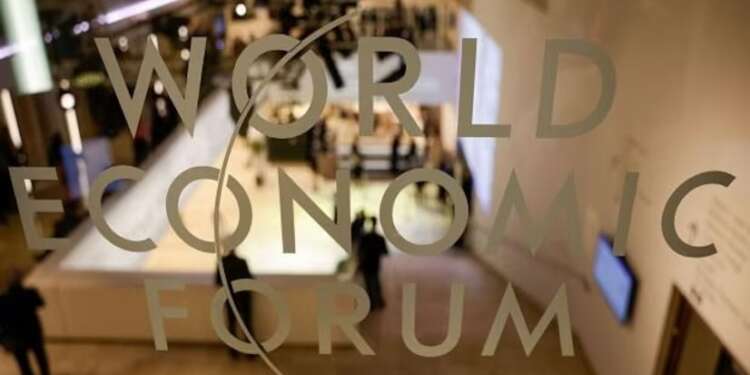The 2023 Future of Jobs Report by the World Economic Forum has revealed some key findings that shed light on the changing landscape of the corporate world.
According to the report, the most significant job losses are anticipated in administrative and commerce roles, signaling a major shift in the employment sector. This transformation is primarily attributed to the increasing influence of digitalization and automation in various industries.
“Surveyed organizations have predicted a staggering decline of 26 million jobs by 2027 in the domain of record-keeping and administrative functions. This category encompasses positions such as cashiers, ticket clerks, data entry clerks, as well as accounting, bookkeeping, and payroll clerks, along with administrative and executive secretaries. These roles, traditionally associated with providing vital support to businesses, are now at risk due to the rapid advancements in technology,” the report said.
While the report highlights the potential job losses, it also emphasizes the emergence of new skill requirements in the workforce. “Analytical thinking and creative thinking are recognized as the most crucial skills for workers in 2023, surpassing other essential abilities. Analytical thinking, in particular, has been identified as the core skill sought after by a significant number of companies, accounting for an average of 9% of the reported core skills.”
Moreover, creative thinking has emerged as the second most valued cognitive skill, reflecting the growing emphasis on adaptability in disrupted workplaces. The report ranks three self-efficacy skills – resilience, flexibility, and agility; motivation and self-awareness; and curiosity and lifelong learning – right after creative thinking, signifying the importance of employees’ ability to navigate rapidly changing environments. Technological literacy secures the fifth spot in the core skills list, highlighting the increasing reliance on technology across industries.
The report’s findings provide valuable insights for both employers and employees, enabling them to anticipate the future of work and make informed decisions to navigate this dynamic era of digitalization and automation.






